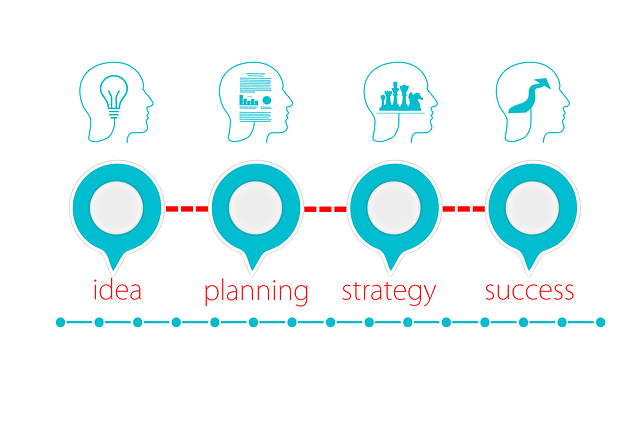Probate planning is crucial for managing your Oregon estate post-death, ensuring assets are distributed according to your wishes or state laws. Beginners should educate themselves about Oregon's unique probate rules, involving court hearings, paperwork, and fees. Professionals recommend proactive measures like creating a will, designating beneficiaries, and setting up trusts to streamline the process, minimizing conflicts among loved ones during an emotional time. Strategic planning, utilizing resources like the Probate Court website and legal aid, can simplify probate and offer peace of mind for individuals and families.
“Dive into the essential aspects of probate and estate planning in Oregon with our comprehensive guide. Whether you’re a beginner or looking to enhance your knowledge, this article offers valuable insights tailored to the state’s unique laws. We demystify ‘understanding probate’ and provide practical tips for ‘estate planning for beginners’. Additionally, we address common misconceptions, helping you navigate the process with confidence. Discover how to prepare effectively and ensure your wishes are respected through proper probate planning in Oregon.”
- Understanding Probate: The Basics in Oregon
- Estate Planning for Beginners: Getting Started in Oregon
- Common Misconceptions About Probate and How to Prepare
Understanding Probate: The Basics in Oregon

Probate is a legal process that’s often overlooked but plays a crucial role in estate planning, especially in Oregon. It involves administering and distributing a person’s property after their death, ensuring their wishes are respected. In simple terms, probate is when a will (or the laws of intestacy) determines how a person’s assets are divided among their beneficiaries. This process can be complex, involving multiple court hearings, legal paperwork, and potentially costly fees.
Oregon has its own set of rules and regulations for probate, which beginners should familiarize themselves with to avoid unexpected challenges. Estate planning professionals recommend proactive measures like creating a will, designating beneficiaries for assets, and setting up trusts to streamline the probate process. By taking these steps, individuals can ensure their wishes are carried out efficiently while minimizing potential conflicts among loved ones during an already emotional time.
Estate Planning for Beginners: Getting Started in Oregon

Starting the process of estate planning can seem daunting, but it’s a crucial step to ensure your wishes are respected and your assets are distributed according to your preferences after your passing. In Oregon, probate planning plays a significant role in managing your estate smoothly. The first step is to gather essential documents, including birth certificates, passports, social security cards, and financial accounts statements. Create a list of your assets, both tangible (like property and vehicles) and intangible (such as bank accounts and investments), along with their current values.
Next, consider appointing a trusted individual or entity as your executor. This person will be responsible for overseeing the administration of your estate, including managing assets, paying debts and taxes, and distributing remaining assets to beneficiaries according to your will or trust. In Oregon, probate planning can also involve creating a power of attorney and advance health care directive to ensure your autonomy during life and peace of mind for your loved ones after you’re gone.
Common Misconceptions About Probate and How to Prepare

Many people have misconceptions about probate, often seeing it as a complex and lengthy process with high costs. However, with proper planning, this process can be streamlined and simplified, especially in Oregon where there are resources to assist residents. Probate is simply the legal process for distributing a deceased person’s assets according to their will or the laws of intestacy. It doesn’t have to be a daunting task; instead, it’s an essential part of estate planning that ensures your wishes are carried out after you’re gone.
To prepare for probate, start by organizing your financial and legal affairs early on. This includes creating a will or revocable living trust to dictate how your assets will be divided. Keep detailed records of ownership documents, wills, and other relevant paperwork in one secure location. Additionally, identifying beneficiaries for retirement accounts, life insurance policies, and other assets can help avoid the probate process for these items. Oregon offers resources like the Probate Court’s website and local legal aid organizations to guide residents through the planning process, ensuring peace of mind for you and your loved ones.






